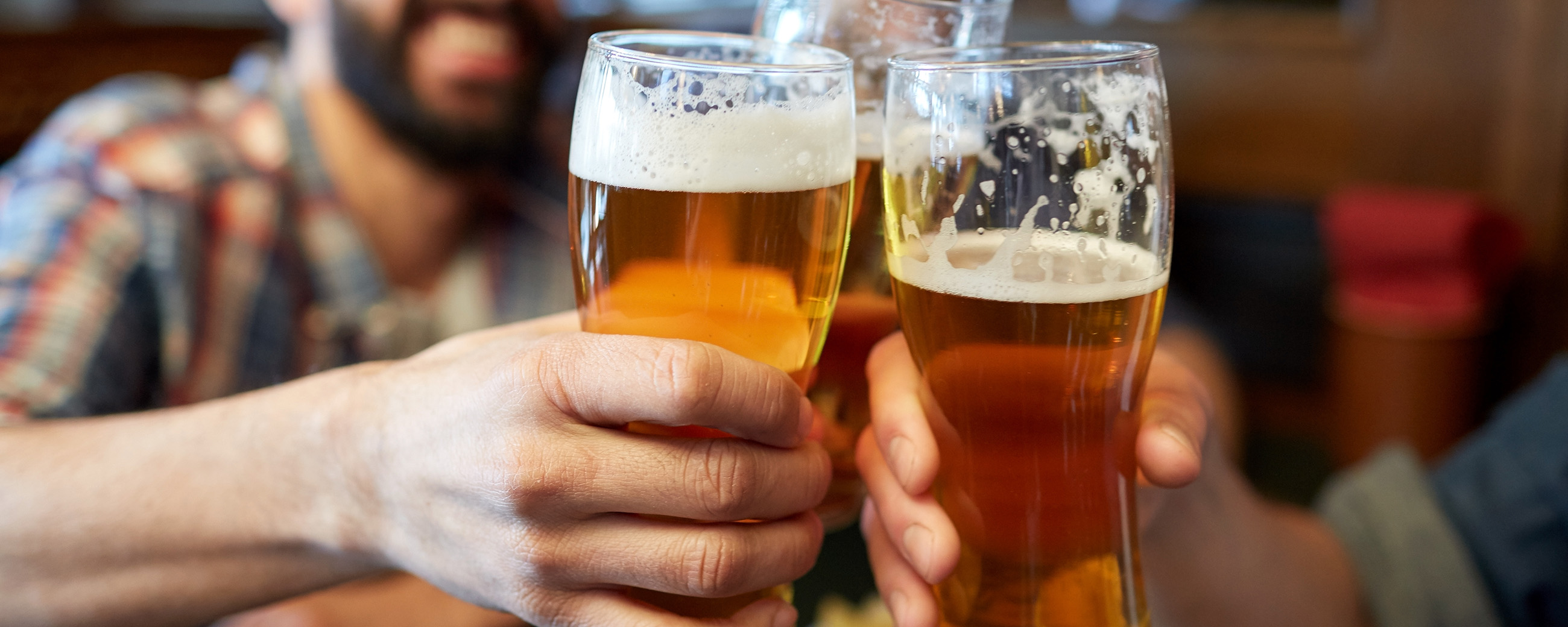
How to stay on track after a lapse: 5 tips from Virta patients

Ever feel like you’ve gotten a bit off course from the healthy lifestyle you’re trying to stick to? Relax, you’re not alone. While you may have the motivation and knowledge you need to succeed, in the real world, temptations are everywhere. And regardless of why or when a lapse may happen, be kind to yourself and remember that you’re human.
Lapses can be anything from a single meal to days or weeks off plan. Lapses are a learning opportunity, not a reason to be hard on yourself or an excuse to stray from your eating plan. Lapses can help you identify your triggers, learn how to respond to them, and arm yourself with the right tools for YOU.
A lapse can provide insights about your dietary needs, your metabolism, and your strategies for long-term success. As you think about your own experiences with lapses, hear what the Virta community learned from their own lapses and how they stayed on track afterwards.
#1. Listen to your body
One of the most important things you can do to both prevent and recover from lapses quickly is to tune into the signals your body sends you. If you feel tempted to stray from your healthy habits, take a step back. How do you feel? Try and focus in on what may be causing this.
Mindfulness exercises, gentle physical activity, or meditation are simple (and free) ways to start building a habit of listening to your body more.
Here’s what Virta patients had to say about how they felt after a lapse:
"The non-Virta foods taste good going down but afterwards I have some stomach upset."
"I have had a couple of planned lapses like for a birthday or holiday. I’m excited about it before, but after all is said and done I’m disappointed in myself, disappointed in what happened to my body, and I usually determine that it definitely wasn’t so great after all!"
"Unhappy with myself."
#2. Know your triggers
By knowing how you respond to different foods, activities, and situations, you can identify what might trigger certain decisions—food choices or otherwise.
An easy way to learn which situations may be most challenging for you is to keep a journal. A journal allows you to process thoughts and feelings in the moment, as well as look back and find what may have led to a lapse in the past. This helps transform it into a learning experience and keep you moving forward towards your goals.
Virta patients shared examples of what’s triggered them in the past:
"Definitely holidays and social events can spell disaster for me! Anything that takes me off my regular schedule is definitely not good. I actually have made it through lots of holidays and social events and it was because I prepared myself mentally and planned ahead."
"I lapsed twice when I had the flu. I was really sick and not thinking."
"I think the challenging part is how my brain craves carbs as soon as I eat them, and when I'm eating carbs I feel like I can never eat enough food. I keep keto treats (ice cream, chocolate bars) at home so I don't feel like I'm depriving myself."
"Stress is a big trigger for me. I need to be very careful when stress hits because if there is going to be a lapse it is usually here."
#3. Find what keeps you accountable
Knowing your body and your personal triggers are an important step towards developing your own habits and systems for success.
Finding a way to hold yourself accountable to your goals can be an effective way to stay on track. Whether that accountability is with a loved one, an online community, or just yourself doesn’t matter. What matters is that it’s meaningful to you.
Virta patients shared what they use to stay accountable:
"Write down everything. I use Virta foods but use Cronometer to show me the macros."
"The tool that helps me the most is having a health coach to be responsible to. That accountability has been the main reason for any success I have had. It’s a vital part which helps me to sustain continued progress."
"Constant testing, the meter does not lie."
"Having a sounding board or support group even if just one other person."
"Just the knowledge that if I don’t do what I should I will lose some or all of the progress I have fought so hard for. This is what makes me want to get back on track."
#4. Form a plan
Planning ahead both helps prevent and helps you bounce back quickly from lapses. If you want to make sure you stick with your eating plan, try meal prepping at home on the weekends or researching options at restaurants ahead of time if you’re eating out.
If you’re worried about how to talk about your dietary needs, write out ahead of time what you want to say and practice! You can even test it out ahead of time with a loved one to make sure you get your point across.
If you have a lapse, writing out a plan for what you need to do to get back on track can be helpful too. It could be making your favorite Virta-friendly meal, going for a walk to clear your head - whatever works for you. Experiment with what makes you feel better and motivates you to keep moving forward.
Virta patients shared how they approach getting back on track:
"I meal plan before my travel for the week when I get home, and I start right back on Virta the next day. If I "lapse" when I'm at home, I don't consider the whole day off track, just that meal, and go back right away."
"Stopped beating myself up for what happened and start looking at what I need to do to get back on track."
"Feeling the pain of what unhealthy foods bring is what spurs me to move forward....my goal is not to go there. I know I'm not perfect....dang the bad luck. Wish there was a way to remember the pain with the same intensity but it's like childbirth—oops I did it again."
"Just sheer determination! I have to do it. There is no choice so I just go into damage control mode and try to get back on the program as quickly as possible. I also know I will be so disappointed in myself if I prolong the lapse."
#5. Forgive yourself
Despite our best efforts, sometimes a lapse may happen. And that’s ok. It doesn’t mean you have failed, it just means you have had a small hiccup in the much larger journey that is a healthy lifestyle change.
What matters is accepting what happened, learning from it, and moving forward. Focusing on progress rather than perfection is an important part of self care.
Forgive yourself and remember all the benefits of this way of eating. Remember it’s never too late to start again.
Here's what Virta patients have to say:
"Mistakes happen. It's what you do after it happens that matters."
"A lapse is not the end of the world, we're humans and not machines."
"Today is a new day and new opportunity."
This blog is intended for informational purposes only and is not meant to be a substitute for professional medical advice, diagnosis, or treatment. Always seek the advice of your physician or other qualified health provider with any questions you may have regarding a medical condition or any advice relating to your health. View full disclaimer
Are you living with type 2 diabetes, prediabetes, or unwanted weight?









